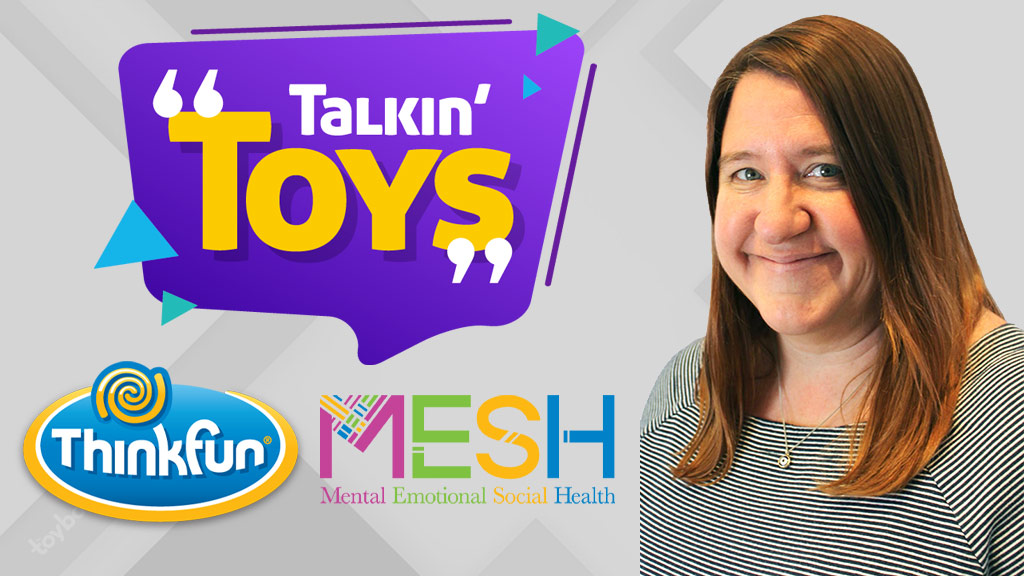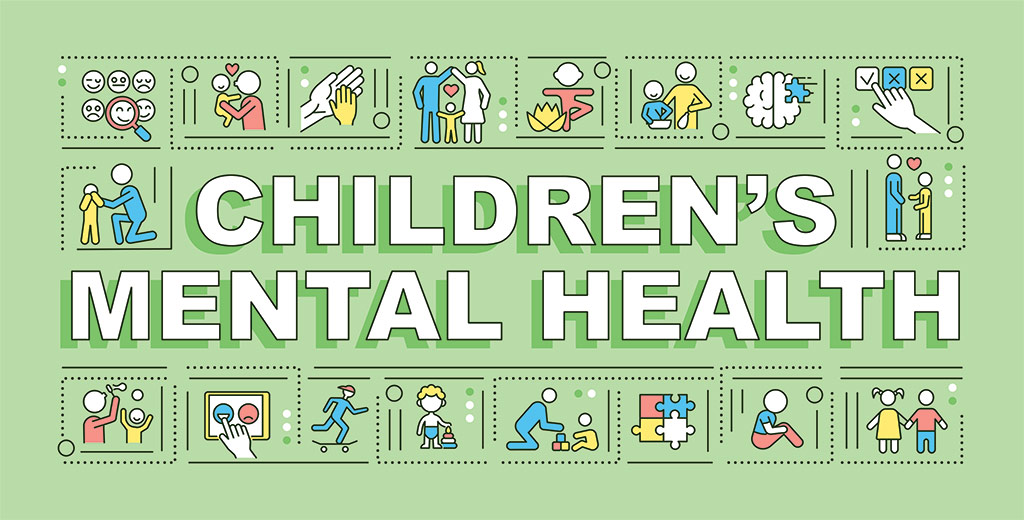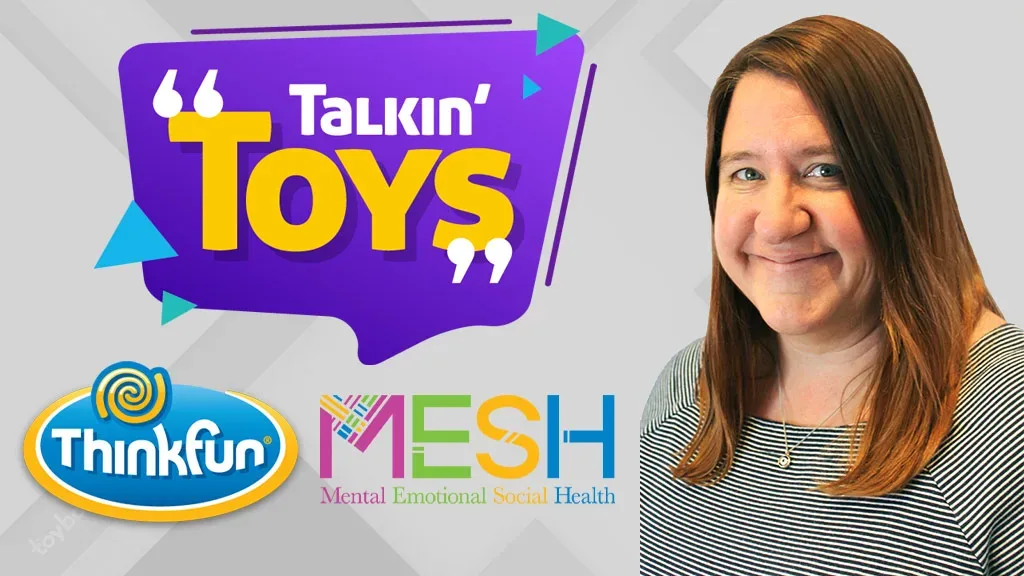
The COVID-19 pandemic has changed the way kids play — and the industry is taking notice and working on ways to adjust its development processes. Instead of focusing on science, technology, engineering, and mathematics (STEM), one company is suggesting that it’s time to focus on kids’ mental, emotional, and social health (MESH).
Today, ThinkFun, in collaboration with Dr. Deborah Gilboa, released the results of its analysis in the White Paper “Building Products with MESH in Mind,” which presents research culled from many sources on the youth mental health crisis. As head of ThinkFun at Ravensburger, Rachele Harmuth spoke with The Toy Book on what exactly MESH is and how the industry can begin to make this momentous shift.
The Toy Book: What was the inspiration to pursue this new line of thinking?
Rachele Harmuth: We wanted to understand what was important to our customers today. We began by listening to our retail partners and parents, and we discovered their priorities were shifting away from STEM. Their priority is to help kids navigate the changes, disruptions, and struggles they encounter in life, and they told us this currently is more important than enriching their academics.
For parents whose kids are having a hard time with their mental health — and I don’t know a family that isn’t seeing this to some degree — we wanted to know how “play” could help them address those issues. We needed to understand how ThinkFun could make a difference.
TB: How was the study conducted? What were the parameters and who were the participants?
RH: We knew we could not address this problem alone. The first thing we did was partner with a physician and resilience expert, Dr. Deborah Gilboa, to help us understand what was happening with kids’ mental health. She helped us approach this problem in a multifaceted way: We looked at existing research regarding the mental health of kids ages 3 to 17, both before the pandemic and since then.

This research represents both individual studies and multistudy analysis. We also examined the guidelines regarding mental health needs and interventions from government organizations and academies of medicine and science throughout North America. Additionally, we interviewed multiple experts from psychiatry, education, and youth development. Our goal was to not simply understand the problem but also to identify evidence-based strategies that protect and strengthen the mental health of kids and teens.
TB: The impetus of MESH seems to rely on the parents, as kids might not be able to understand the implications of toy choices on their mental, emotional, or social health. How will you help kids understand the importance of recognizing this need within themselves?
RH: Today’s kids face so many big issues and they rely on their caregivers — parents, teachers, grandparents, counselors, etc. — to help them understand and navigate these concerns. Our goal is not to educate kids on their own mental health. Our goal is to put tools into the hands of adults who teach, care for, and love children and give those adults the strategies they need to talk with kids about mental health in ways that best fit that kid’s developmental stage, as well as each family’s experience and values.
TB: This is a large pivot away from STEM. How long do you think it will take the industry as a whole to recognize MESH’s importance and implement those into their product?
RH: The most exciting aspect of this research for the industry is that there’s not an “either/or” choice to be made between MESH and STEM. For example, at ThinkFun, our products are designed to help kids develop perseverance, problem-solving, frustration tolerance, and internal motivation along with the STEM knowledge they gain. Now that cultural conversation has grown around mental health, we are embracing the opportunity to work with retailers and parents to highlight those skills and the work we’ve always done to bring them to kids while they still have fun.
TB: How do you plan on utilizing MESH when creating new products for ThinkFun?
RH: ThinkFun designers focus on products that naturally include a measurable progression. Historically, ThinkFun’s goal has been to build a player’s confidence and to teach thinking skills. Now, we see those same goals can help build and strengthen a player’s MESH skills. Exposing a child to just the right amount of challenge at each level of play so that they grow in their thinking skills turns out to be the same method by which a child learns to handle stress.
TB: How long do you think it will take the industry to adapt to this new way of thinking?
RH: As an industry filled with creative, innovative, caring people, it’s becoming clear that so many of us are ready to come together to find out how we, as toymakers, can make a difference. Our goal at ThinkFun is to start the conversation and find others in the industry who would like to come together in a task force in 2023 to address how we can learn more and spread the word about how play can build MESH skills. This work serves everyone as it helps us demonstrate to the world that — for strengthening mental health in kids and teens and even adults — play can be an important part of the solution.
To find out more about MESH, visit meshhelps.org.

